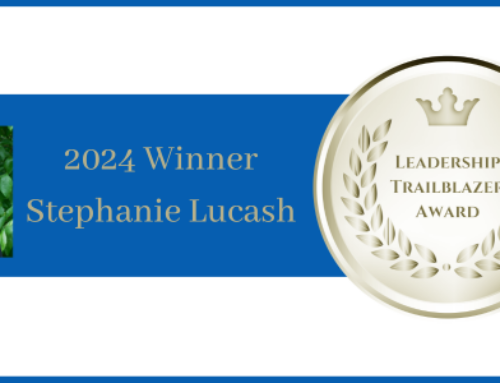There’s Statistically No Chance She’ll Be Hired!
By Stefanie K. Johnson, David R. Hekman & Elsa T. Chan, Reposted from HBR.org
There are more CEOs of large U.S. companies who are named David (4.5%) than there are CEOs who are women (4.1%) — and David isn’t even the most common first name among CEOs. (That would be John, at 5.3%.)
Despite the ever-growing business case for diversity, roughly 85% of board members and executives are white men. This doesn’t mean that companies haven’t tried to change. Many have started investing hundreds of millions of dollars on diversity initiatives each year. But the biggest challenge seems to be figuring out how to overcome unconscious biases that get in the way of these well-intentioned programs. We recently conducted research that suggests a potential solution.
It’s well known that people have a bias in favor of preserving the status quo; change is uncomfortable. So because 95% of CEOs are white men, the status quo bias can lead board members to unconsciously prefer to hire more white men for leadership roles.
We conducted three studies to examine what happens when you change the status quo among finalists for a job position. In our first study, using an experimental setting, we had 144 undergraduate students review qualifications of three job candidates who made up a finalist pool of applicants. The candidates had the same credentials — the only difference among them was their race. We manipulated this by using names that sound stereotypically black (Dion Smith and Darnell Jones) or white (Connor Van Wagoner and David Jones), and we used a job that has some ambiguity about the racial status quo (athletic director).
_____
Stefanie K. Johnson is currently an assistant professor of management and entrepreneurship at University of Colorado’s Leeds School of Business. Her primary research relates to leadership, leader development, and diversity in organizations. She has published over 40 journal articles and book chapters in outlets such as Academy of Management Journal, Journal of Applied Psychology, and Organizational Behavior and Human Decision Processes. She earned her Ph.D. at Rice University.
David R. Hekman is an associate professor of management and entrepreneurship at the University of Colorado’s Leeds School of Business. His work has been published in Academy of Management Journal, Journal of Applied Psychology, and Organization Science, and he is focused on improving organizational health by examining remedies for pervasive workplace racial and gender biases, sources of professional workers’ motivation, and sources and outcomes of virtuous leadership. He earned his Ph.D at the University of Washington’s Foster School of Business.
Elsa T. Chan is a PhD candidate in management and entrepreneurship at the Leeds School of Business, University of Colorado Boulder. Her research interests include virtuous behaviors, biases, leadership and entrepreneurship.


